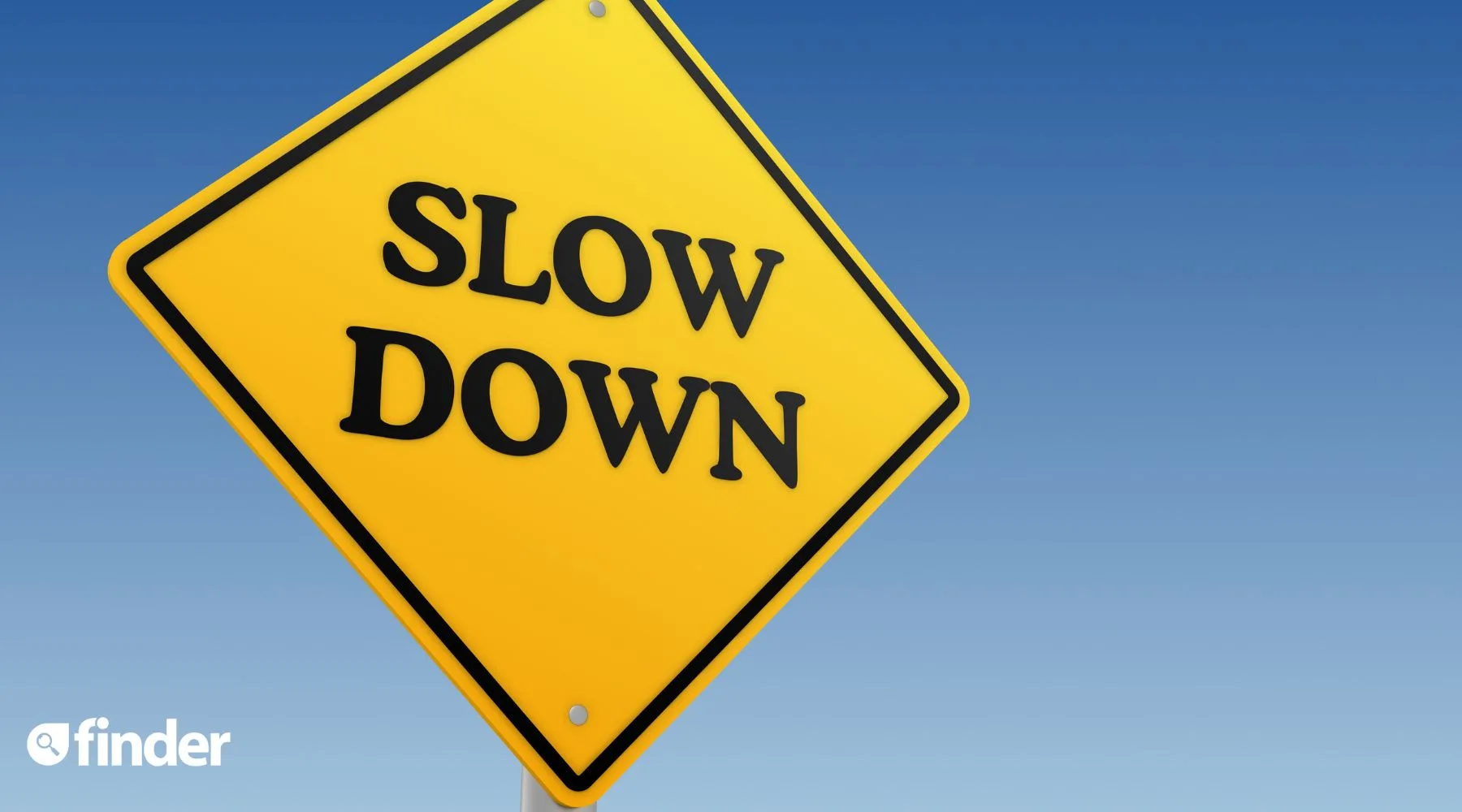4 ways falling inflation will affect your finances this year

Your living costs aren't dropping, they're just rising more slowly. And interest rate rises might go away for a while.
Inflation is slowing down. The latest ABS figures show a 4.3% rise in the cost of living over the last 12 months (ending in November 2023).
While still higher than the Reserve Bank's target, it's "the smallest annual increase since January 2022" according to ABS head of prices statistics Michelle Marquardt.
Slowing inflation has major implications on every Australian's wallet. And it's mostly good news.
1. Relief for borrowers
First up, these figures make a cash rate hold in February more likely. The Reserve Bank has hiked rates hard and fast in order to drive inflation down since 2022.
The idea is simple: higher rates make borrowing money more expensive, which drives spending down. This (hopefully) cools inflation.
While the quarterly inflation figures due in late January will give us an even clearer idea of where we're heading, this downward trend suggests that home loan interest rates won't keep rising in 2024.
Perhaps they may even fall! This is great news for borrowers struggling with high home loan repayments.
2. Don't expect savings rates to get much higher
The flipside to falling inflation and interest rates staying in place is you won't earn more interest on your savings.
Banks are quick to pass rate rises on to borrowers but slower to increase rates on savings accounts. If interest rates stay where they are or even start to fall, don't expect to earn more interest in a savings account.
3. Term deposits are looking more attractive
If inflation continues to fall and rates stop rising, a term deposit could be a more attractive way to lock in a good interest rate.
Like savings accounts, term deposit rates have risen as inflation soared. Unlike savings accounts, your rate is fixed with a term deposit.
If you put away some cash in a 12-month term deposit today at 5.00%, you'd stay on that rate until January 2025. Even if rates plummet.
4. You'll pocket more of your paycheck (hopefully)
Australian shoppers have been hit hard in recent years by rising fuel, food and utility prices. In the latest inflation figures, food and non-alcoholic beverages have risen 4.6% over the last 12 months. Electricity is up 10.7%.
But with inflation slowing, these prices are increasing much more slowly than they were in 2022–23.
This gives consumers some breathing room. And it's a good motivation to find some real savings where you can by comparing and switching wherever possible:
- Move to a cheaper energy plan.
- Review your insurance policies.
- Switch NBN providers and get a 6-month sign up discount.
Struggling to cut costs? Check out all our expert money saving tips.
Sources
Ask a question
